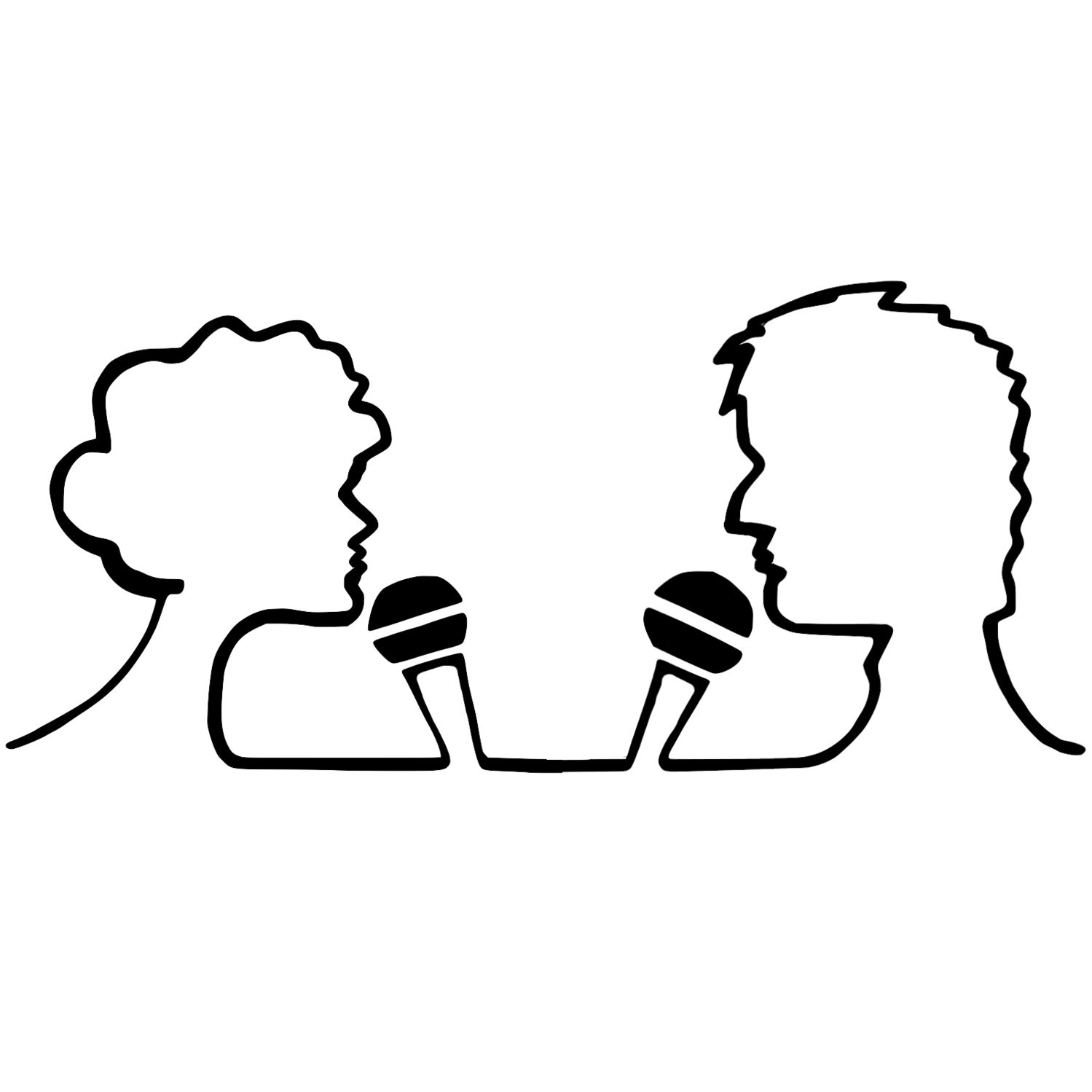Eat the crust? No, we’re not talking bread, we are talking about that layer of our planet earth, because our guest is geoscientist, Beth Bartel. For someone who’s worked a lot with GPS, much of Beth’s career has been pretty meandering. For now though she’s settled on a job she loves, helping communicate the science of geology and natural hazards, while training other scientists to share their work.
We talked to Beth about the challenge of tackling pseudoscience, and the need for including social sciences to inform other fields of research.










